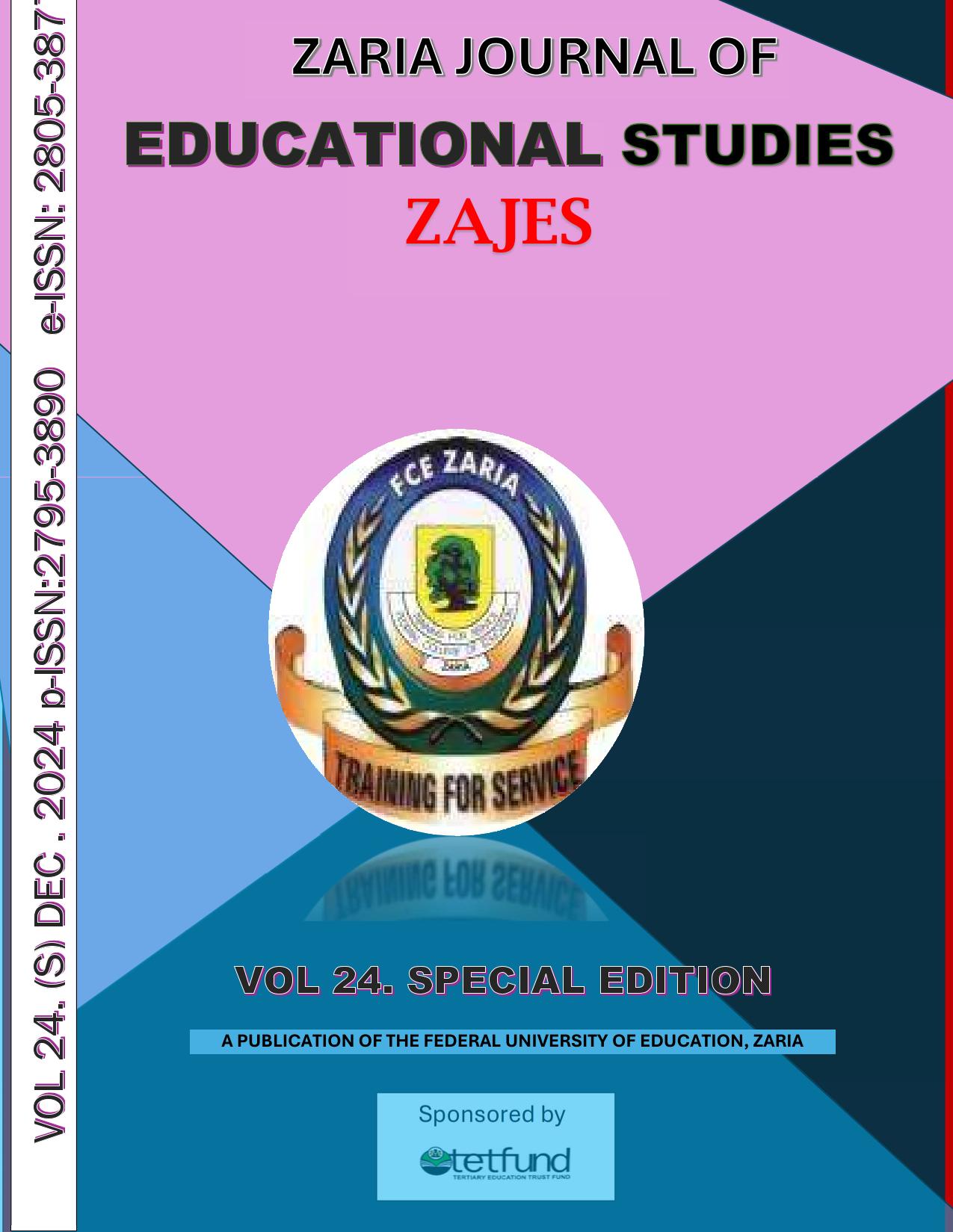Effects of Experiential Learning Strategy on Senior Secondary School Students’ Interest and Achievement in Practical Agricultural Science in Selected School in Borno State, Nigeria
Keywords:
Interest Academic performance Experiential Learning strategyAbstract
This study investigates the effects of experiential learning strategies on senior secondary school students' interest and academic performance in practical agricultural science in Biu, Borno State, Nigeria. Anchored on Kolb’s experiential learning theory, the study employs a quasi-experimental research design with a non-equivalent group pre-test/post-test approach. A population of 871 Senior Secondary School II (SS II) students offering agricultural science in five government secondary schools formed the basis of the study, from which a sample of 300 students (150 male and 150 female) was selected using simple random sampling. The experimental group was exposed to experiential learning strategies, including fieldwork, while the control group was taught using the conventional lecture method. Data were collected using the Agricultural Science Practical Test (ASPT) and the Students’ Agricultural Science Interest Inventory (SASII). The findings revealed that the experiential learning strategy significantly improved students' interest, with a mean gain of 3.28 in the experimental group compared to 1.29 in the control group. Academic performance also improved notably, with the experimental group achieving a mean gain of 23.34 compared to 6.75 in the control group. Additionally, male students in the experimental group outperformed their female counterparts, with a mean difference of 4.2 in academic performance. The study concludes that experiential learning strategies enhance students’ interest and academic performance in practical agricultural science, offering a more effective alternative to traditional lecture methods. It recommends the integration of experiential learning into agricultural science curricula and the provision of resources to support hands-on activities, ensuring gender inclusivity and equitable access for all students.

